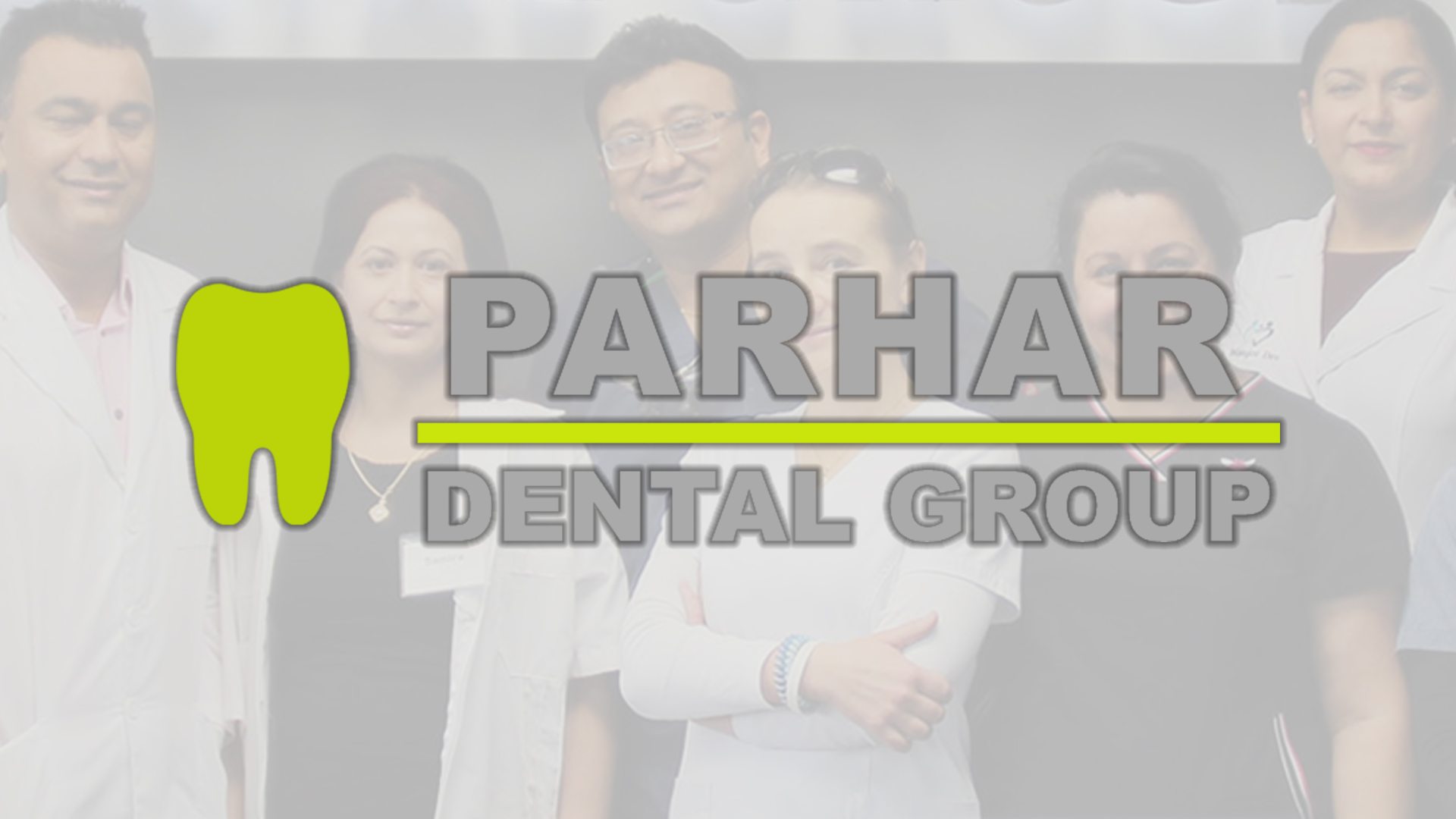BAD BREATH
Bad breath, medically called halitosis, can result from poor oral hygiene habits and may be a sign of other health problems. Bad breath can also be made worse by the types of foods you eat and other unhealthy lifestyle habits.
Who Treats Bad Breath?
Our experienced staff utilizes state of the art treatments available to treat bad breath of dental origin.If our office determines that your mouth is healthy and that the odor is not of oral origin, you may be referred to your family doctor or to a specialist to determine the odor source and treatment plan.
How Does What You Eat Affect Breath?
Basically, all the food you eat begins to be broken down in your mouth. As foods are digested and absorbed into your bloodstream, they are eventually carried to your lungs and given off in your breath. If you eat foods with strong odors (such as, garlic or onions), brushing and flossing – even mouthwash – merely covers up the odor temporarily. The odor will not go away completely until the foods have passed through your body.
Why Do Poor Habits Cause Bad Breath?
If you don’t brush and floss your teeth daily, food particles can remain in your mouth, which promotes bacteria growth between teeth, around the gums, and on the tongue. This causes bad breath. In addition, odor-causing bacteria and food particles can cause bad breath if dentures are not properly cleaned.
Smoking or chewing tobacco-based products can also cause bad breath, stain teeth, reduce your ability to taste foods, and irritate gum tissues.
What Health Problems Are Associated With Bad Breath?
Persistent bad breath or a bad taste in your mouth may be warning signs of gum disease. Gum disease is caused by the buildup of plaque on teeth. The bacteria cause toxins to form in the mouth, which irritate the gums. If periodontal disease continues untreated, it can damage the gums and jawbone.
Other dental causes of bad breath include poorly fitting dental appliances, yeast infections of the mouth and dental caries.
The medical condition dry mouth (also called xerostomia) can also cause bad breath. Saliva is necessary to moisten and cleanse the mouth by neutralizing acids produced by plaque and washing away dead cells that accumulate on the tongue, gums, and cheeks. If not removed, these cells decompose and can cause bad breath. Dry mouth may be caused by the side effects of various medications, salivary gland problems, or continuous breathing through the mouth.
Many other diseases and illnesses may cause bad breath. Here are some to be aware of: respiratory tract infections such as pneumonia or bronchitis, chronic sinus infections, postnasal drip, diabetes, chronic acid reflux, liver or kidney problems.
GUM BLEEDING
Dedicated staff at Parhar Dental Care work hard to help patients get rid of this serious dental disease. You may not realize that persistent sore, swollen, bleeding gums, are warning signs of gum disease – a potentially serious infection that if left untreated, may lead to tooth loss. Fighting gum disease is a daily struggle for millions of people. More than 75 percent of Americans over 35 have some form of gum disease.
Gums bleeding is one of the early stages of gum disease. At its worst, you might lose your teeth. The bottom line is, if you want to keep your teeth, you must fight gum disease. There is usually little or no discomfort, so people don’t realize they have a potentially serious condition. Bleeding gums is an alarm that something may be wrong and action should be taken. Gingivitis is often caused by inadequate oral hygiene and adequate oral hygiene may cure bleeding gum.
Good oral hygiene and regular dental check-ups is the best way to stop gums from bleeding. Cleaning the teeth and gums will reduce your chances of developing bleeding gums and the more serious condition of gum disease that could eventually require surgery or LANAP. Learn more about gum disease treatment here.

